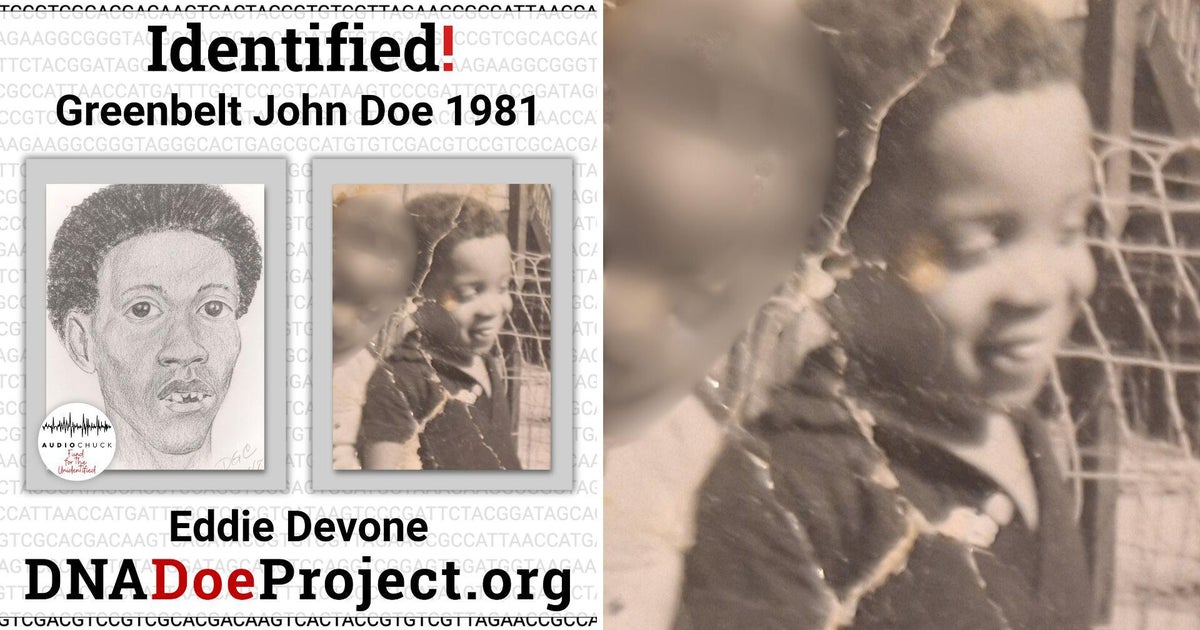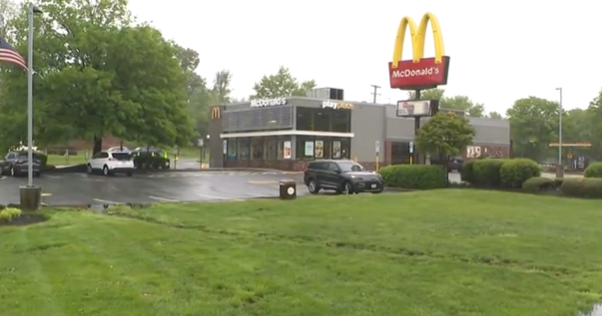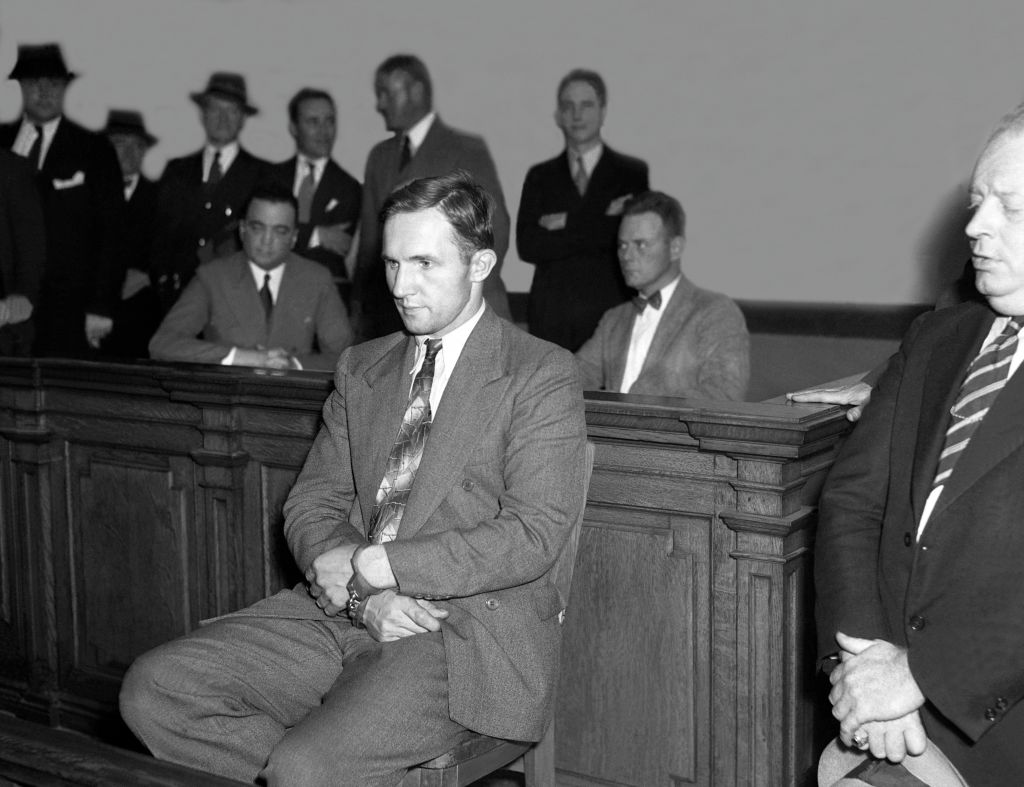A New Hampshire beauty school student was found dead in 1981. Her killer has finally been identified.
More than four decades after a young New Hampshire woman was killed, law enforcement officials have solved the crime through DNA analysis and the use of forensic genealogy technology, the state attorney general said Thursday.
But solving the case doesn't bring with it the satisfaction of seeing justice: The man responsible for killing 23-year-old Laura Kempton died from an overdose in 2005, Attorney General John Formella said.
Formella told reporters at a news conference in Portsmouth, where the killing took place in September 1981, that the investigators' conclusion was "bittersweet" but underscored their resolve.
The conclusion of the investigation after so many years should "send a message to anyone who has been affected by a case that has gone cold in this state that we will never stop working these cases," he said. "We will never forget about these victims."
A police officer found Kempton dead in her apartment after attempting to serve a court summons for parking meter violations. An electrical cord was tied around her ankles, and a phone cord was around her neck and shoulder area. Blood was on a rug underneath her head, and an autopsy concluded that she died from head trauma.
Kempton, a Portsmouth Beauty School student who worked at a gift shop and ice cream parlor, was last seen earlier that morning, returning alone to her apartment after a night out with a friend, police said.
Evidence collected at the scene, including a cigarette butt, a pillow and a glass bottle, revealed a male DNA profile years later.
For the next four decades, investigators pursued many leads and potential suspects, but without success. Last year, the Portsmouth Police Department and cold case unit worked with New Hampshire and Maine's forensic laboratories and a forensic genetic genealogy firm to identify the person believed to be responsible for Kempton's death. A DNA profile was a confirmed match to another in a public genealogy database.
The man believed to be responsible was Ronney James Lee, who was working as a security officer in 1981, Formella said. Members of Lee's family were briefed on the investigation's conclusion. Investigators declined to release their names to reporters.
The Associated Press attempted to reach several people believed to have been associated with Lee, but messages were not immediately returned.
There was no known relationship between Kempton and Lee, who was 21 at the time. Lee, who died at 45 in February 2005 from a cocaine overdose, would have been charged with murder if he were still alive, Formella said.
"It is my hope that this conclusion and announcement will be the long-awaited first step in providing what closure the criminal justice system can provide for Laura Kempton's family and community," Formella said.
The Kempton family expressed gratitude to the Portsmouth Police Department. "Their diligence and determination, along with extraordinary personal commitment over the past decades, have led to this moment for Laura," the family said in a statement.
Investigators say New Hampshire has 130 cold cases that are still being pursued, CBS Boston reported.
Genetic genealogy is increasingly being used by investigators to solve cold cases. It's what prosecutors said helped arrest Matthew Nilo, a lawyer accused of raping and kidnapping several people in Boston back in 2007 and 2008.
Even if a suspect hasn't willingly uploaded their DNA into a public system, investigators can match the DNA to a relative who may have used a genealogy website, and follow the trail from there.
"I think we can expect a ton of crimes to be solved that are decades old," professional forensic genealogist Michael Brophy told CBS Boston for the Nilo case.







